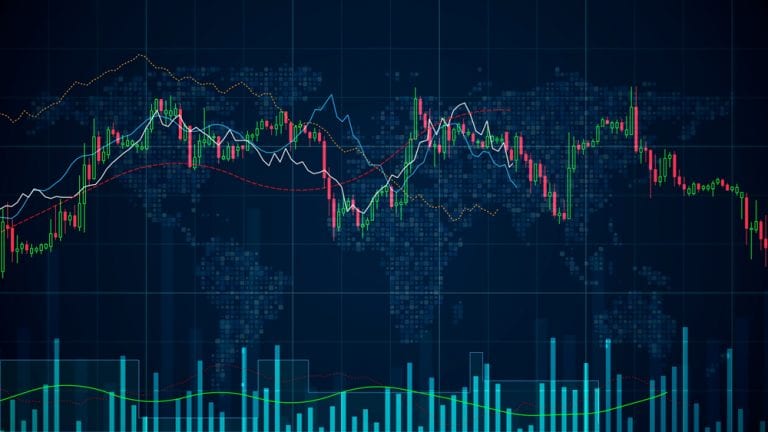
1. Understanding a margin call
To use any trading technique correctly, you need to understand the concept. Margins encompass factors like margin requirements and maintenance margin requirements, which should be carefully studied. Margin calls occur when a margin requirement drops below a certain amount, which can happen when traders make large trades without considering their limits. It acts as a signal from the broker that the client needs to place funds in their account and is usually done through an automated message from the broker. The initial margin requirement for stocks is around 50%, while the maintenance requirement will be roughly 30%. It is vital to be aware of these limits and monitor your stocks or securities to ensure your funds remain safe.
2. Study the margin requirements first
Many traders make the mistake of overlooking margin requirements when using leverage. This is largely because many brokers do not apply margin functions immediately when the order is placed and still waiting to be executed. This poses the risk of an open trade reaching its limit and resulting in a margin call. Traders need to consider margin requirements from the very beginning when plotting trades in order to reduce this risk. This can be achieved by factoring in the margin amount and leaving enough funds for incidentals.
3. Trailing stops and stop-loss orders
To avoid margin calls, trailing stops are extremely effective and protects fund from reaching their margin call limit. Stop losses are more rigid and are set to stop an order should the price move in the opposite direction from your trade. This protects your position from failing to a point of detrimental loss. Trailing stops are different because they move according to the changing price action. It is more effective because it continues to protect your trades by adjusting to allow you to at least break even instead of suffering losses.
4. Applying position scaling
When you learn how to trade CFDs, forex or any other market, you will discover that it can be easy to misjudge market movements. When price action is misjudged, it can lead trades to reach a margin call. If a trader is convinced their positions can be profitable, they might risk more because they do not expect to fail. The use of scaling comes in handy in a risky situation like this. This is done by slowly integrating contracts rather than trading with all of them immediately. Scaling positions reduces risk while simultaneously improving the chance of bigger wins on your trades.
5. Accept the inevitable risks
Failures, like reaching a margin call or experiencing large losses, should come as no surprise to any trader. A trader who is shocked by losses and risks has not done thorough enough research and should reassess their trading strategy. By being cautious about risks, you have a better chance at success than you would if you merely focused on profits.
Risks are inescapable in the trading industry, but they do not have to destroy your trades. With deep understanding, careful preparation and the right mindset, you can trade with leverage while avoiding the danger of margin calls.
PEOPLE WHO READ THIS ALSO VIEWED:
